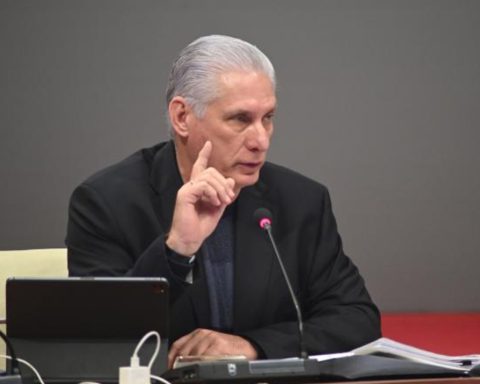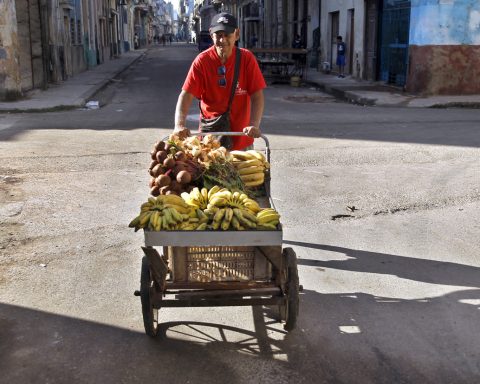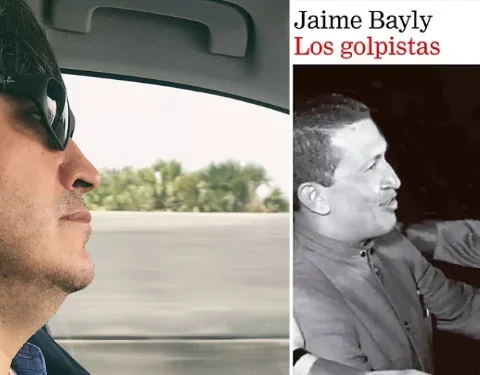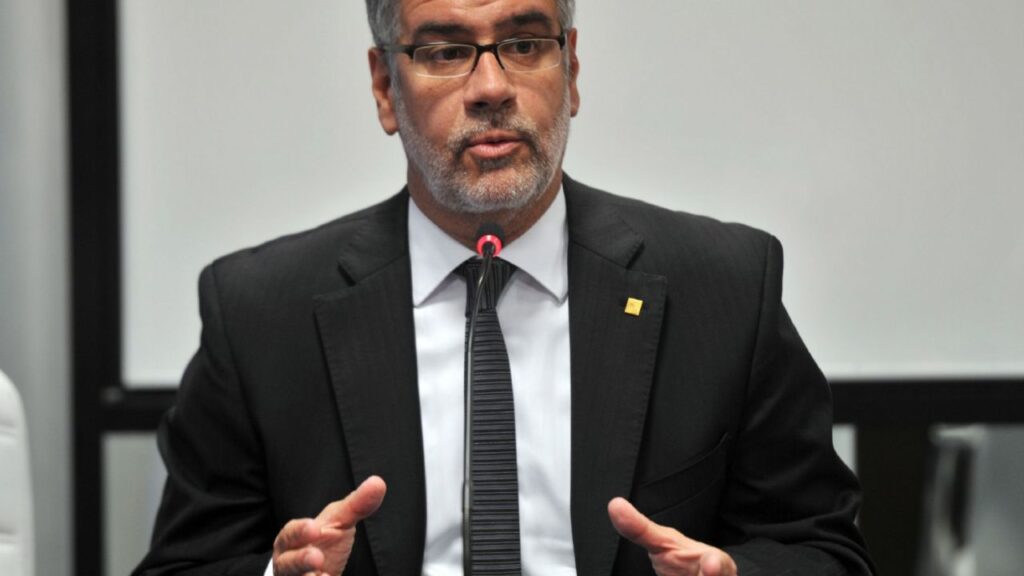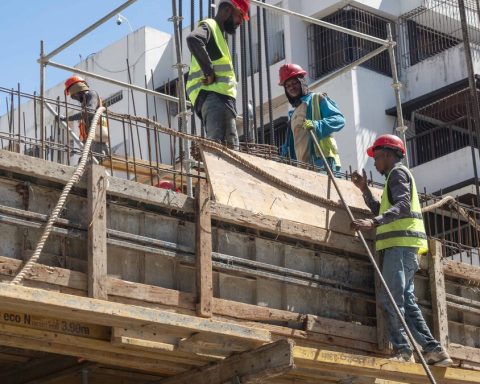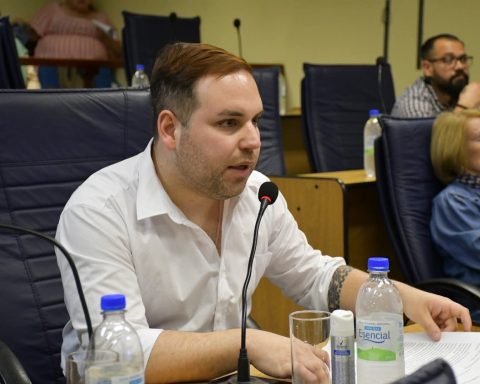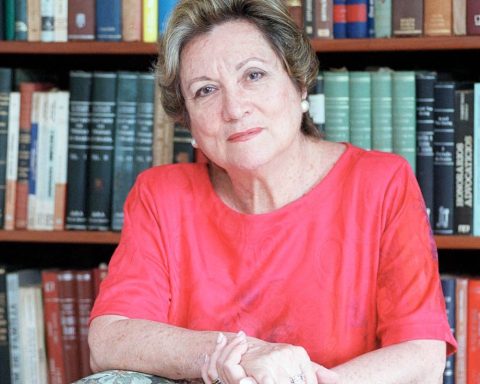The Office of the Historian of the City of Havana promotes the creation of a new institution, the Coffee Museum, focused on safeguarding the historical, cultural and social footprint of that grain in Cuba.
In this sense, the entity promotes among the national public the donation of objects, documents, books, photographs and other elements related to the cultural universe of Cuban and international coffee and prioritizes the preservation of tangible and intangible heritage.
Numerous poets, novelists, composers, historians, intellectuals and musicians from this Island wrote about the grain, one of the most commercialized products in the world, which arrived in Cuba in 1748 and since then began to take over the life, idiosyncrasy and customs of most of its inhabitants.
For the specialists of the Office, the initiative becomes relevant insofar as it will allow the history of coffee growing to be recorded from the ecological, archaeological, architectural, and industrial dimensions; as well as its identity values within the deep and varied national culture.
Currently, this country is carrying out a recovery and development program that will increase the annual production until 2030 of the Arabica variety, the highest quality for its qualities, produced in mountainous areas of this Caribbean nation.


